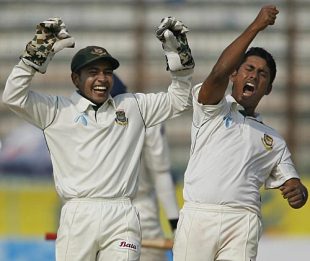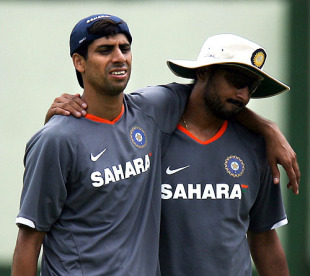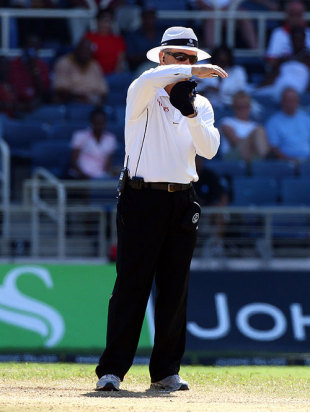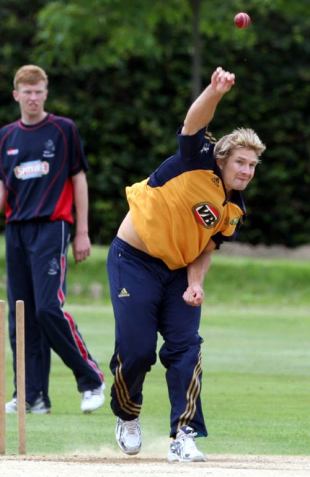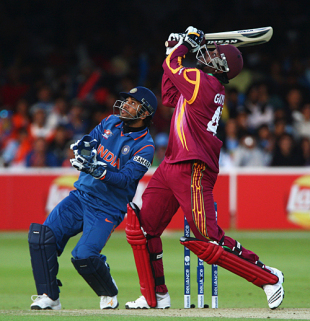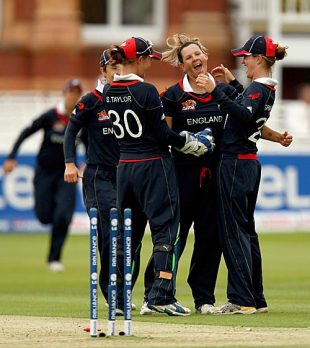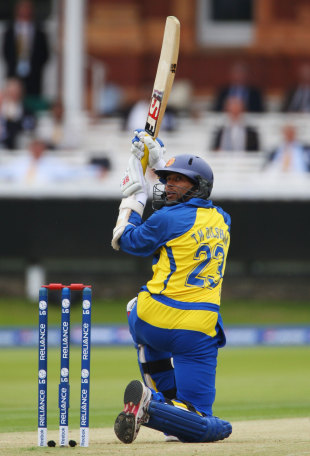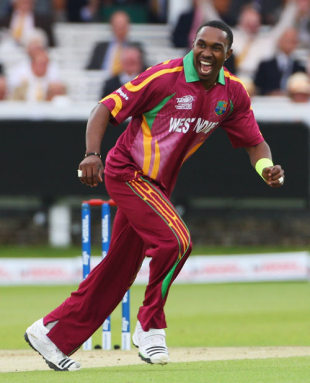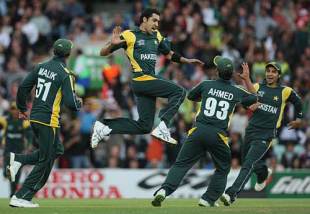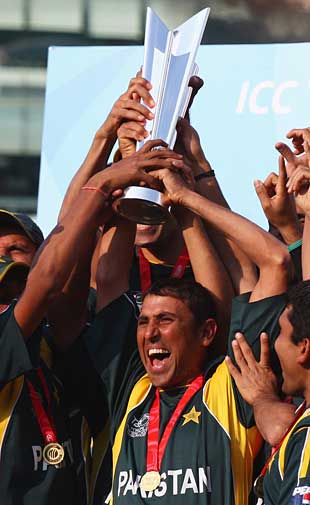| 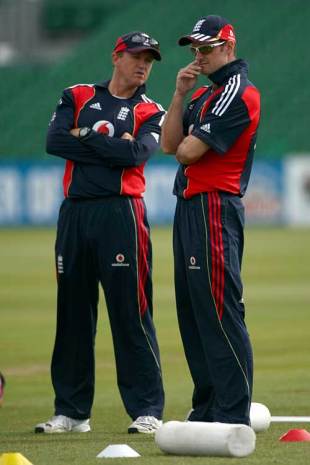
Andy Flower and Andrew Strauss: ready to bring the team together © Getty Images
| |
| |
The 16 players named in England's preliminary Ashes squad have been told to report for duty in Birmingham tomorrow armed with their passports, as the management prepares to step up the intensity ahead of the first Test in Cardiff on July 8 by organising a team bonding session in a secret overseas location.
An ECB spokesman confirmed that the trip was set to take place, but added that the exact details would remain undisclosed to enable the players to unwind without any cameras or TV crews tracking their movements. "This was something that the players themselves very much wanted to do as a unit," the spokesman told Cricinfo.
Whatever the length or the destination of the trip, the players are due to be back in England next Wednesday, when the first XI takes on Warwickshire in a three-day fixture at Edgbaston, while the England Lions face the Australians in a four-day match at Worcester. And for Andrew Strauss, the get-together will mark his return to the England captaincy after he handed the reins over to Paul Collingwood for the recent World Twenty20.
After a month away from the limelight, Strauss didn't shake off his cobwebs in the most conventional of manners, as he was chased around a boxing ring by the Olympic champion, James Degale, during a Vodafone sponsors' event in Loughton, Essex. By the end of the session, however, he had worked up enough of a sweat to prepare himself for the full heat of England's summer.
"I've got seven weeks' work ahead of me, and it's going to be hard work," said Strauss. "More than anything I tried to charge the batteries during my time away, so that by the time we meet back together there's a lot of energy there, and we're ready to hit the ground running. The greatest challenge in an Ashes series is to go out and play your cricket despite the added interest. My job as captain is to keep the guys focused."
One of the players who stands to gain the most from the team get-together is Monty Panesar, who has managed just six wickets at 90 in the County Championship this season since being usurped by Graeme Swann as England's No. 1 spinner. Cardiff, the venue for the first Test, is expected to favour the inclusion of a second spinner, but with Adil Rashid on the rise after impressing during the World Twenty20, Panesar's performance against Warwickshire could make or break his summer.
Strauss, however, gave his full backing to a man who has taken 125 wickets in 38 Tests, at an average of 33.72. "You look at Monty's record for England, and it's exceptional," he said. "It's up there with some of the best spinners that have played the game. He's gone through a bit of a tough patch, but we've all been through that - I've been through it myself, and so have others in the squad - and you come back much better for the experience.
"When you're going through a rough patch you question what you're doing, but I've got a lot of hope he'll come through this and be an exceptional bowler going forward. Hopefully the other members of the squad will give him the confidence to go out there against Warwickshire, take a bagful of wickets, and become an important member of the side again. People who've been writing him off are unwise. He's got a hell of a lot to give England in the future."
Critics have seized on Panesar's lack of variation, particularly when compared to the more adaptable Swann, and Shane Warne memorably remarked that Panesar had played the same Test 38 times. But Strauss backed his man to showcase the skills that earned his first cap back in March 2006, and return to the forefront of England's Ashes plans.
"I've spoken to Monty a lot about it, he's been in contact with Mushtaq Ahmed as well, and other members of the England management. He has been working on variations but the reality is that Monty has taken 99 percent of his wickets by bowling a very good left-arm spinner that turns and has good pace on it. That's his default and he shouldn't stray too far from it. It's like me triyng to bat like [Brian] Lara, it doesn't work. He shouldn't stray too far from that, and just do what he does well. If he does that, he's going to be a handful."
Another man who will doubtless use England's mini-break to good effect is Andrew Flintoff, whose year has once again been blighted by injury. He missed the middle part of England's Test series in the Caribbean after picking up a hip complaint, and though he starred in the subsequent one-day series win with a hat-trick in the series decider in Gros Islet, he went on to sustain a knee injury during the IPL in South Africa, and has not played for England since.
Flintoff remains crucial to England's Ashes plans, however, especially in light of his performances in 2005, and Strauss was ready to welcome him back on board. "Andrew seems very fit and is bowling at a good pace," he said. "It's obviously early in his comeback but we've got to assume he'll be fit for the five Test matches. It's a massive plus for us if he is. He adds balance to our side and we know the Aussies don't like facing him.
"We're all hopeful that after a long period of bad luck he has the rub of the green for a while and produces a really good Ashes series. It will be fantastic to have him back."
